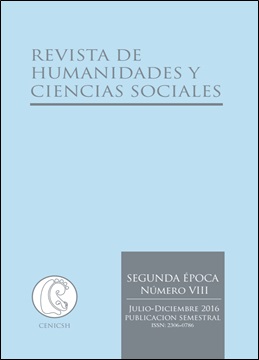Multigrade education in El Salvador : brief diagnosis
DOI:
https://doi.org/10.5377/rhcs.v0i8.6629Keywords:
Educational planning, democratization of education, educational quality.Abstract
This paper shows the current imbalances between the educational offer that provides the urban area compared to the rural area in the public education system. To demonstrate such a disparity analysis focuses on the modalities for multigrade education, which are prototypical of educational opportunities in rural areas. The constraints that have these arrangements have a direct impact on the quality of education that this population receives, reflected in the limited teaching capacity to meet the subjects in the curriculum: less school day, limited educational materials to facilitate the training process, limited infrastructure, among others. The paper proposes a contextualized reading of the socio-educational processes in order to capture specific problems as they arise in the territories.
Revista de Humanidades y Ciencias Sociales, n° 8, july-december 2016: 51-84
Downloads
885

